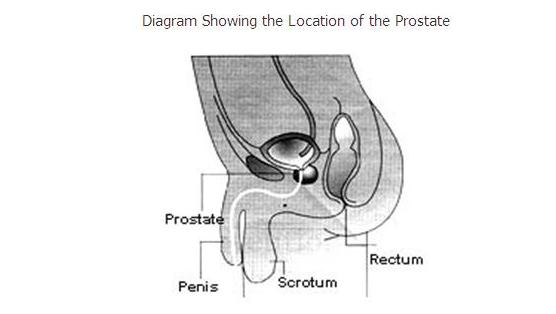
Prostate cancer is a disease which only affects men. Cancer begins to grow in the prostate - a gland in the male reproductive system.In the vast majority of cases, the prostate cancer starts in the gland cells - this is called adenocarcinoma. In this article, prostate cancer refers just to adenocarcinoma.
Prostate cancer is mostly a very slow progressing disease. In fact, many men die of old age, without ever knowing they had prostate cancer - it is only when an autopsy is done that doctors know it was there. Several studies have indicated that perhaps about 80% of all men in their eighties had prostate cancer when they died, but nobody knew, not even the doctor.
Experts say that prostate cancer starts with tiny alterations in the shape and size of the prostate gland cells - Prostatic intraepithelial neoplasia (PIN).
Doctors say that nearly 50% of all 50-year-old men have PIN. The cells are still in place - they do not seem to have moved elsewhere - but the changes can be seen under a microscope. Cancer cells would have moved into other parts of the prostate. Doctors describe these prostate gland cell changes as low-grade or high-grade; high grade is abnormal while low-grade is more-or-less normal.
Any patient who was found to have high-grade PIN after a prostate biopsy is at a significantly greater risk of having cancer cells in his prostate. Because of this, doctors will monitor him carefully and possibly carry out another biopsy later on.




